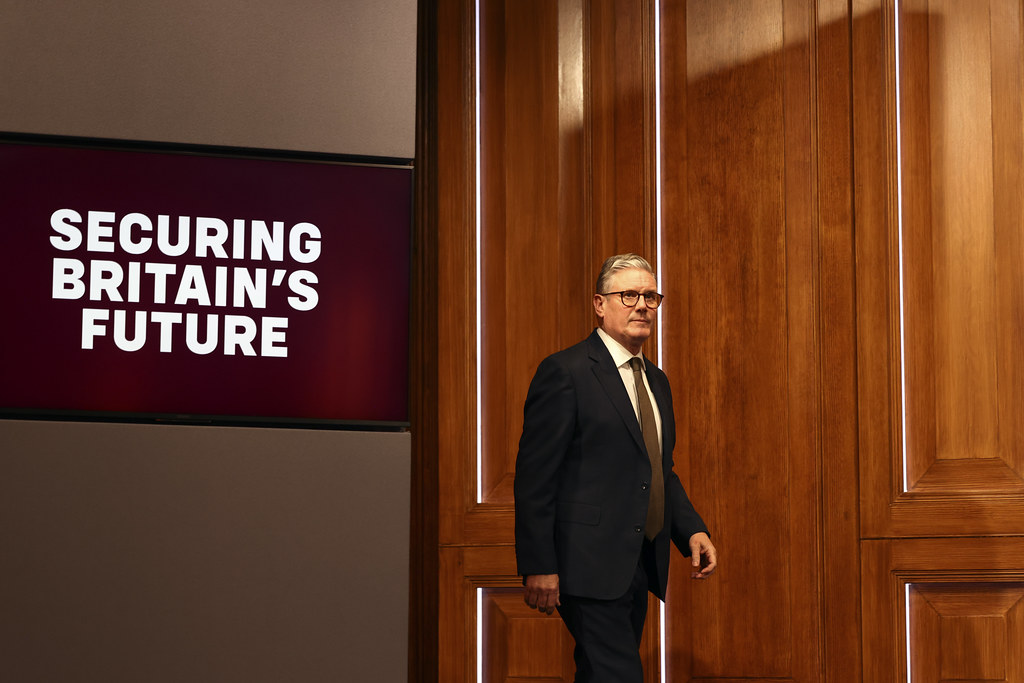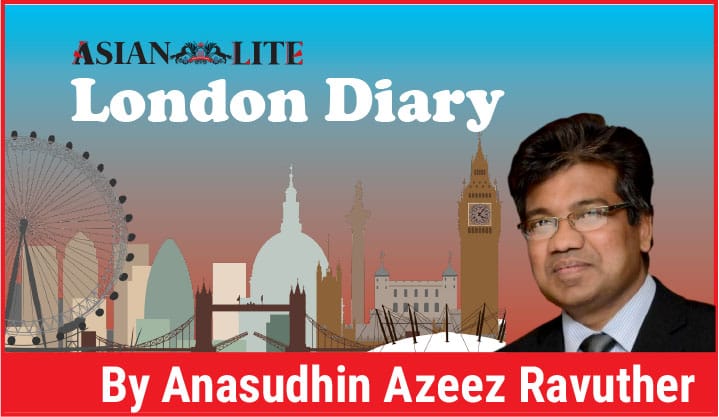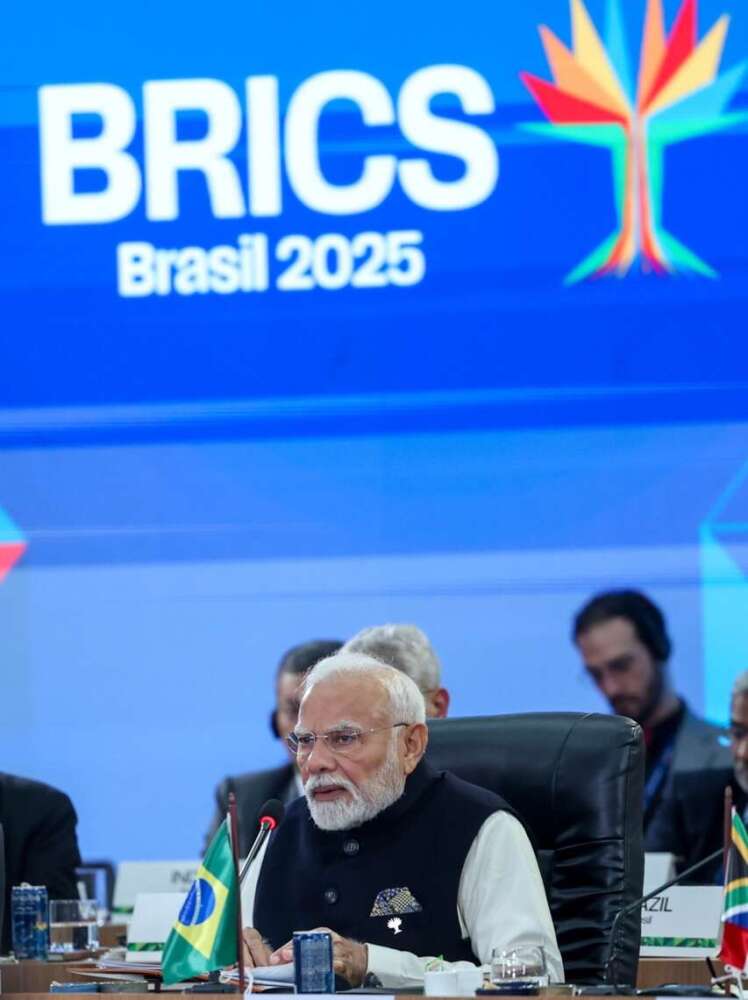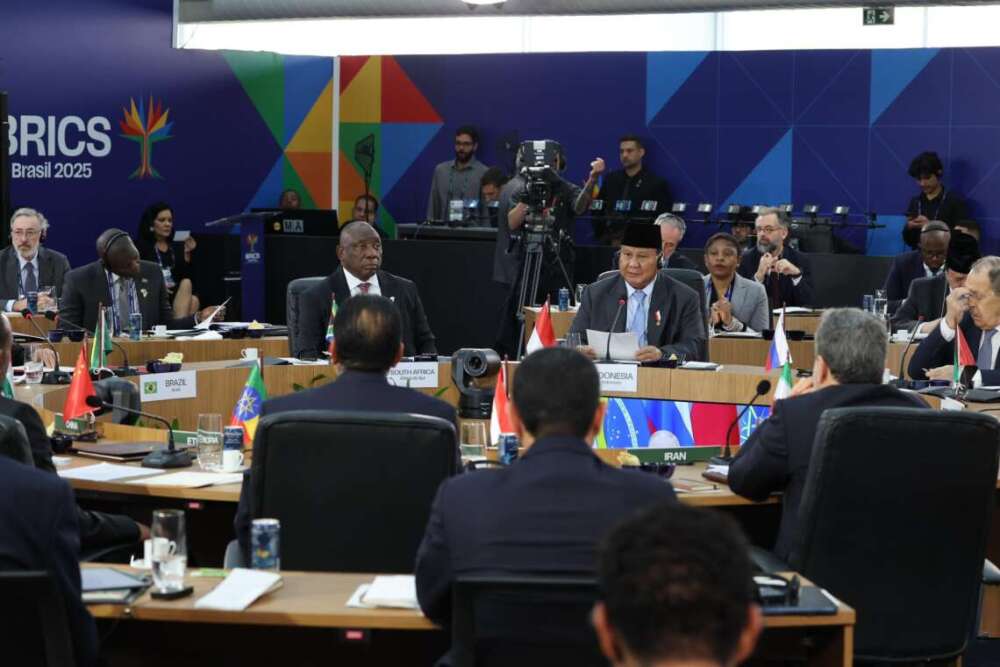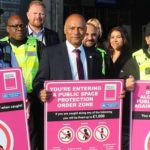It is now the dominant type in circulation and surge testing is taking place to try to stop it spreading further, the BBC reported…reports Asian Lite News.
The unlocking process is expected to face a delay due to rise in Covid cases, linked to a new variant first found in India, also known as B.1.617.2 or Delta, reports Asian Lite Newsdesk
Health Secretary Matt Hancock said the Covid-19 vaccines are still working adding that it is “breaking the link between infections, hospitalisations and deaths.”
“Despite the rise in cases, hospitalisations have been broadly flat. The majority of people in hospital with Covid appear to be those who haven’t had the vaccine at all,” the BBC quoted Hancock as saying.
However, he told the Commons that it is too early to make decisions on step four of unlocking which is scheduled for 21 June. He said the “roadmap has always been guided by data.”
“So we’ll assess the data and announce the outcome a week today on 14 June,” Hancock was quoted as saying.
The unlocking process is expected to face a delay due to rise in Covid cases, linked to a new variant first found in India, also known as B.1.617.2 or Delta.
It is now the dominant type in circulation and surge testing is taking place to try to stop it spreading further, the BBC reported.
Meanwhile, the health secretary also urged secondary school children to continue to take twice-weekly lateral flow tests, stressing cases were rising fastest among older schoolchildren.
25 to 29-year-olds invited
All adults aged 25 to 29 in England who have not yet had a Covid vaccine will be able to book their first dose from Tuesday.
In England, people aged 25 and older can go online or call 119 to book, according to BBC report.
In Scotland, people aged 30 and over are eligible for a vaccine. Wales is six weeks ahead of schedule and is vaccinating over 18s. In Northern Ireland, people 18 and over are invited to book.
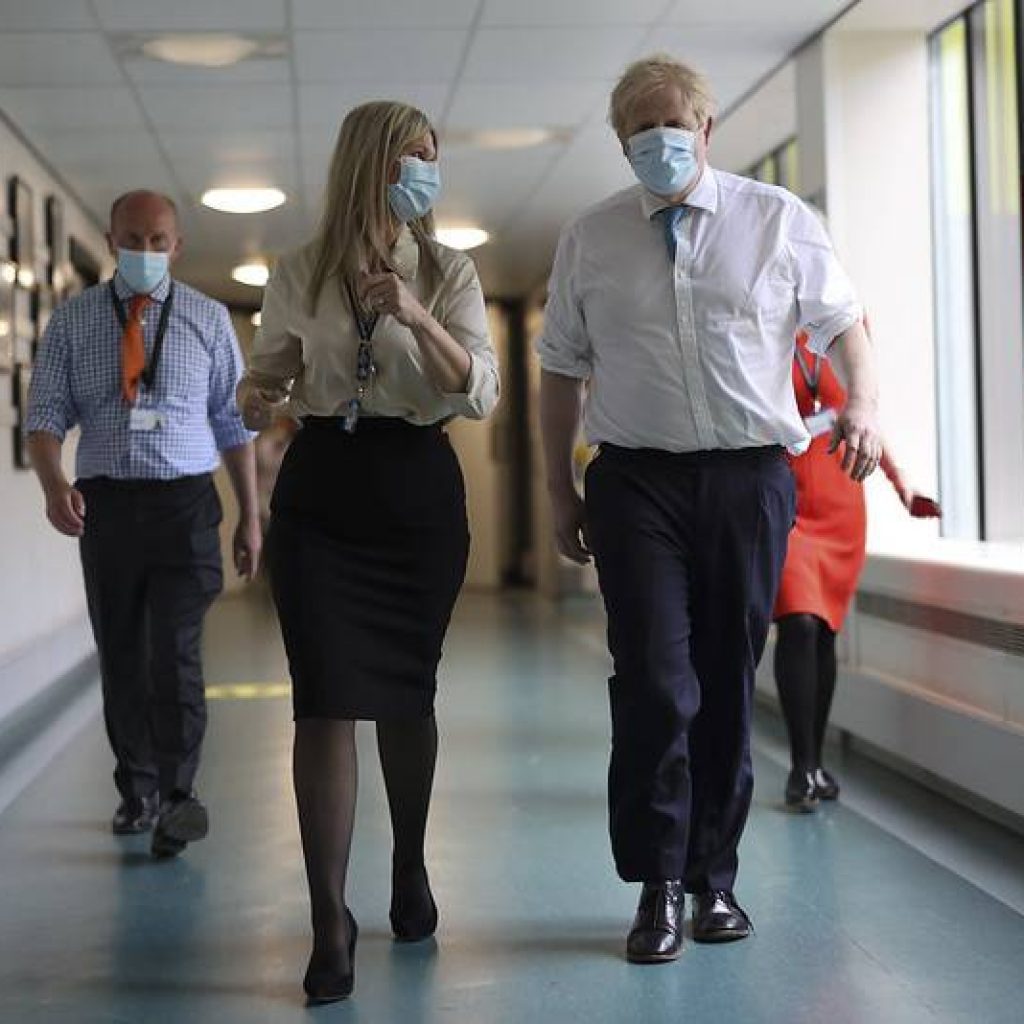
Prime Minister Boris Johnson visits Colchester Hospital (Number 10 Flickr)
NHS England chief executive, Sir Simon Stevens urged everyone to book appointment for the jab and “join the millions who are already protected.”
“Getting the lifesaving Covid-19 jab is the most important thing you can do, with NHS staff vaccinating at over 1,600 sites including vaccine buses, places of worship, sport stadiums and other convenient locations,” Sir Simon said.
Over 40 million receive first dose
Over 40 million people in the UK have received their first dose of a COVID-19 vaccine, according to the latest figures, as the UK’s vaccination programme continues at pace.
Health services across the UK have now administered a total of 67,287,864 vaccines between 8 December and 5 June, including 40,124,229 people with first doses (76.2%) and 27,160,635 people with both doses (51.6%) ensuring they have the strongest possible protection against COVID-19 from a second dose.
A recent study by Public Health England (PHE) shows that 2 doses of the COVID-19 vaccines are highly effective against the B.1.617.2 (Delta) variant first identified in India.
Vaccine effectiveness against symptomatic disease from the B.1.617.2 (Delta) variant is similar after 2 doses compared to the B.1.1.7 (Alpha) variant dominant in the UK, and we expect to see even higher levels of effectiveness against hospitalisation and death.
Health and Social Care Secretary Matt Hancock said it was an astonishing achievement to deliver over 40 million first doses in just 6 months.
“It seems with every day we pass another major milestone on the road back to recovery. Over three-quarters of adults have received a first dose and over half of adults have now been vaccinated with the life-saving second dose,” Hancock said.
Last week, the Medicines and Healthcare products Regulatory Agency (MHRA) announced that Janssen’s COVID-19 vaccine was authorised for use in the UK.
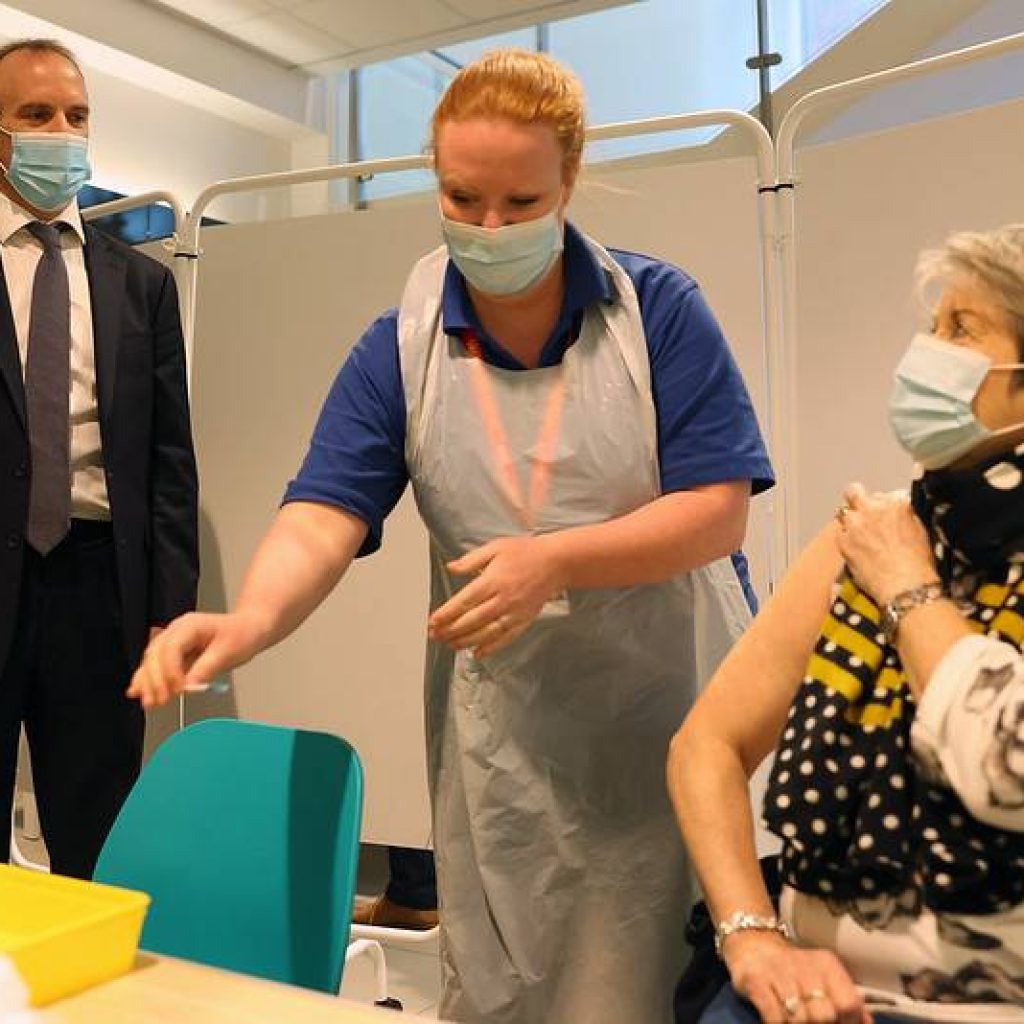
It is expected doses will become available later this year. The single-dose vaccine was shown to be 67% effective overall in preventing COVID-19 infection and 85% effective in preventing severe disease or hospitalisation.
Recently, the appointments for second doses have been brought forward from 12 to 8 weeks for the remaining people in the top 9 priority groups who have yet to receive both doses.
The move follows updated advice from the independent experts at the Joint Committee on Vaccination and Immunisation (JCVI), which has considered the latest available evidence and has recommended reducing the dosing interval to counter the threat of new variants of concern.
ALSO READ-Hate preachers now a ‘priority threat’ in UK
READ MORE-Saudi Crown Prince, UK Foreign Secretary discuss Middle East




